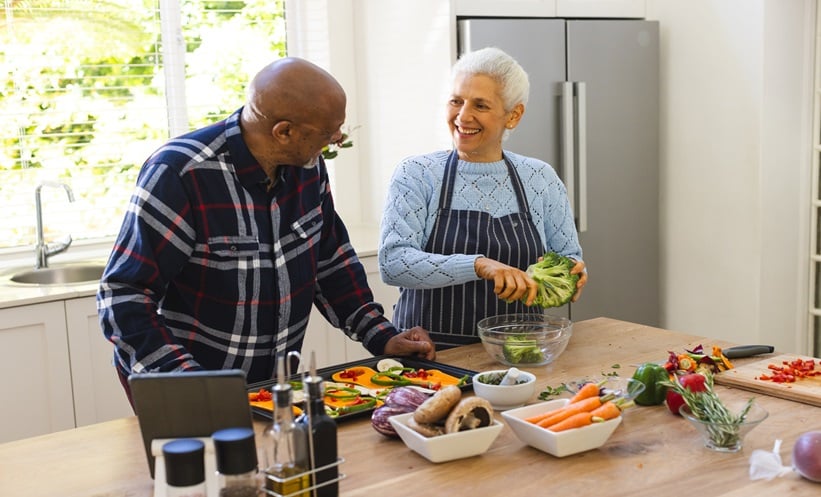A RECENT cohort study has explored the link between diet and the risk of prostate cancer grade reclassification in men diagnosed with grade group (GG) 1 disease undergoing active surveillance. The study involved 886 men, all of whom had completed a validated food frequency questionnaire at the start of their surveillance, documenting their dietary habits. The researchers aimed to assess the association between diet quality, measured by the Healthy Eating Index (HEI) and its energy-adjusted version (E-HEI), and the likelihood of their cancer progressing to a more severe grade requiring intervention.
Over a median follow-up period of 6.5 years, 21% of participants experienced grade reclassification to GG2 or higher, with 6% facing extreme reclassification to GG3 or greater. This progression is significant as it typically necessitates curative treatment. The study found that men who had higher baseline HEI and E-HEI scores, reflecting better adherence to dietary guidelines, had a significantly reduced risk of grade reclassification, especially to the more serious GG3 or greater. Specifically, for each one standard deviation increase in HEI and E-HEI scores, there was a corresponding decrease in the likelihood of both moderate and extreme grade reclassification.
In contrast, the study found no significant association between the Dietary Inflammatory Index (DII) and its energy-adjusted version (E-DII) and the risk of grade reclassification. This suggests that while adherence to a healthy diet in line with American dietary guidelines appears to lower the risk of prostate cancer progression, dietary inflammation potential, as measured by the DII, may not play a critical role in this context.
The findings indicate that men with GG1 prostate cancer undergoing active surveillance may benefit from stricter adherence to healthy eating guidelines, potentially reducing their risk of requiring more aggressive treatment.
Reference
Su ZT et al. Diet quality, dietary inflammatory potential, and risk of prostate cancer grade reclassification. JAMA Oncol. 2024;DOI:10.1001/jamaoncol.2024.4406.








